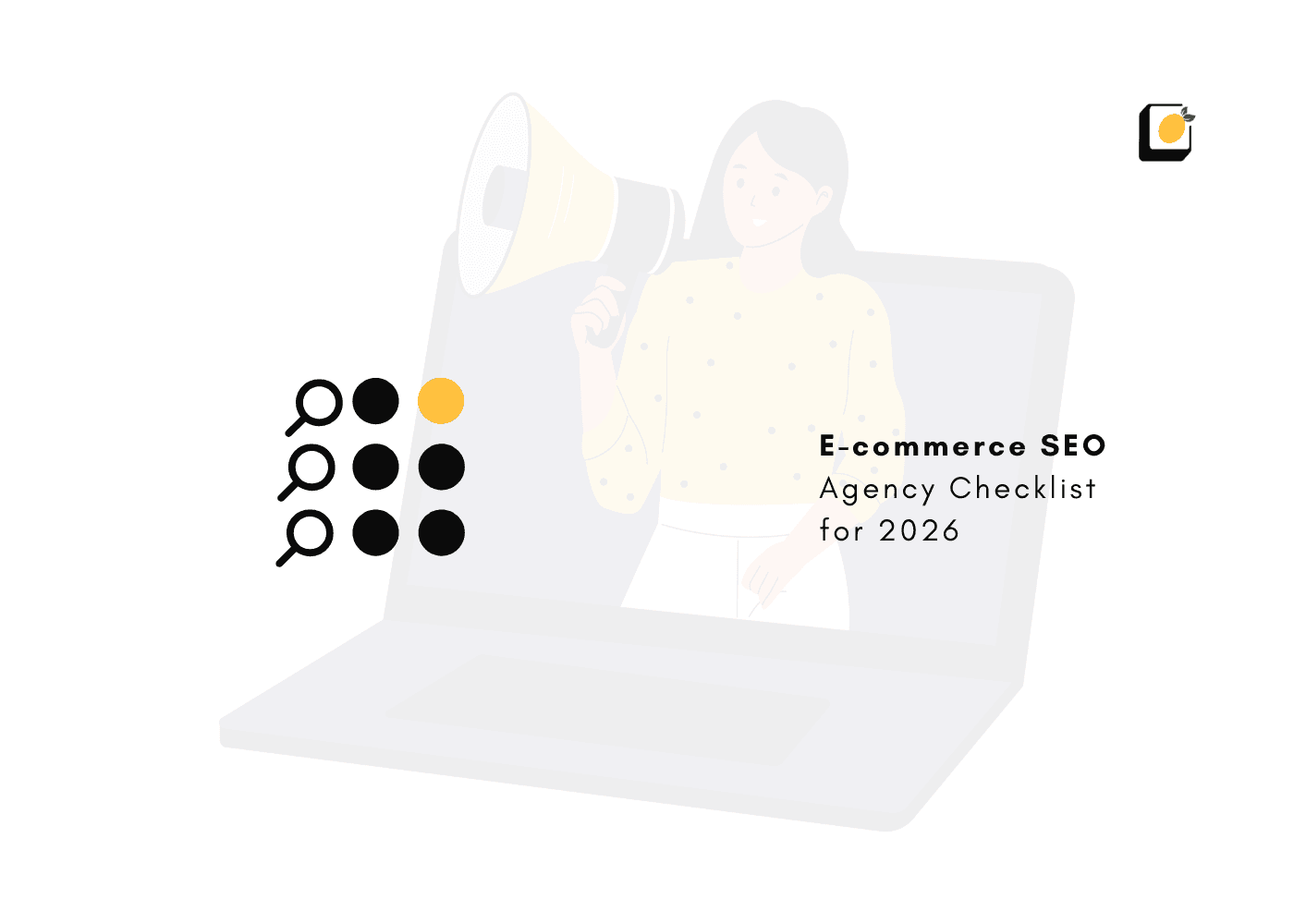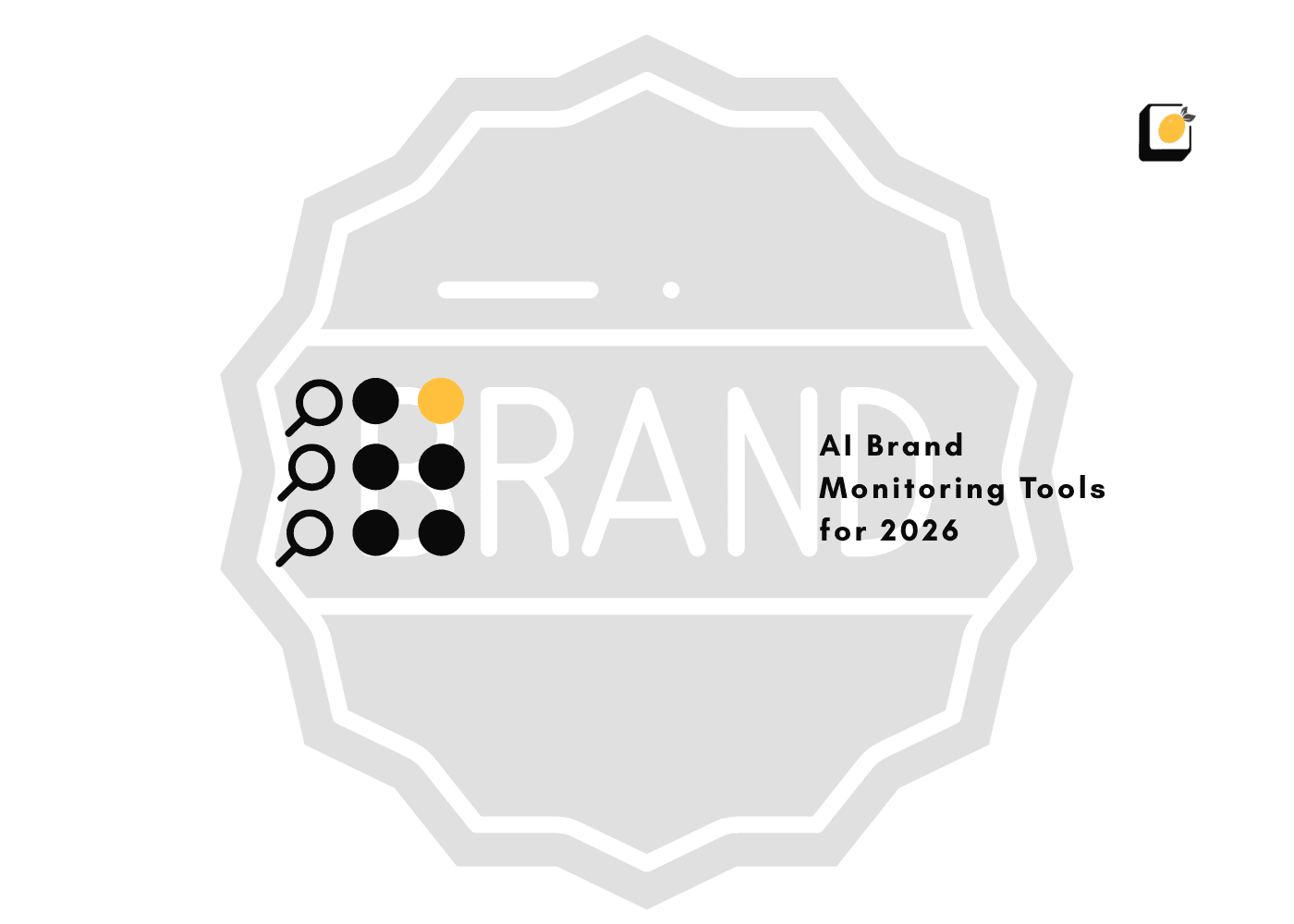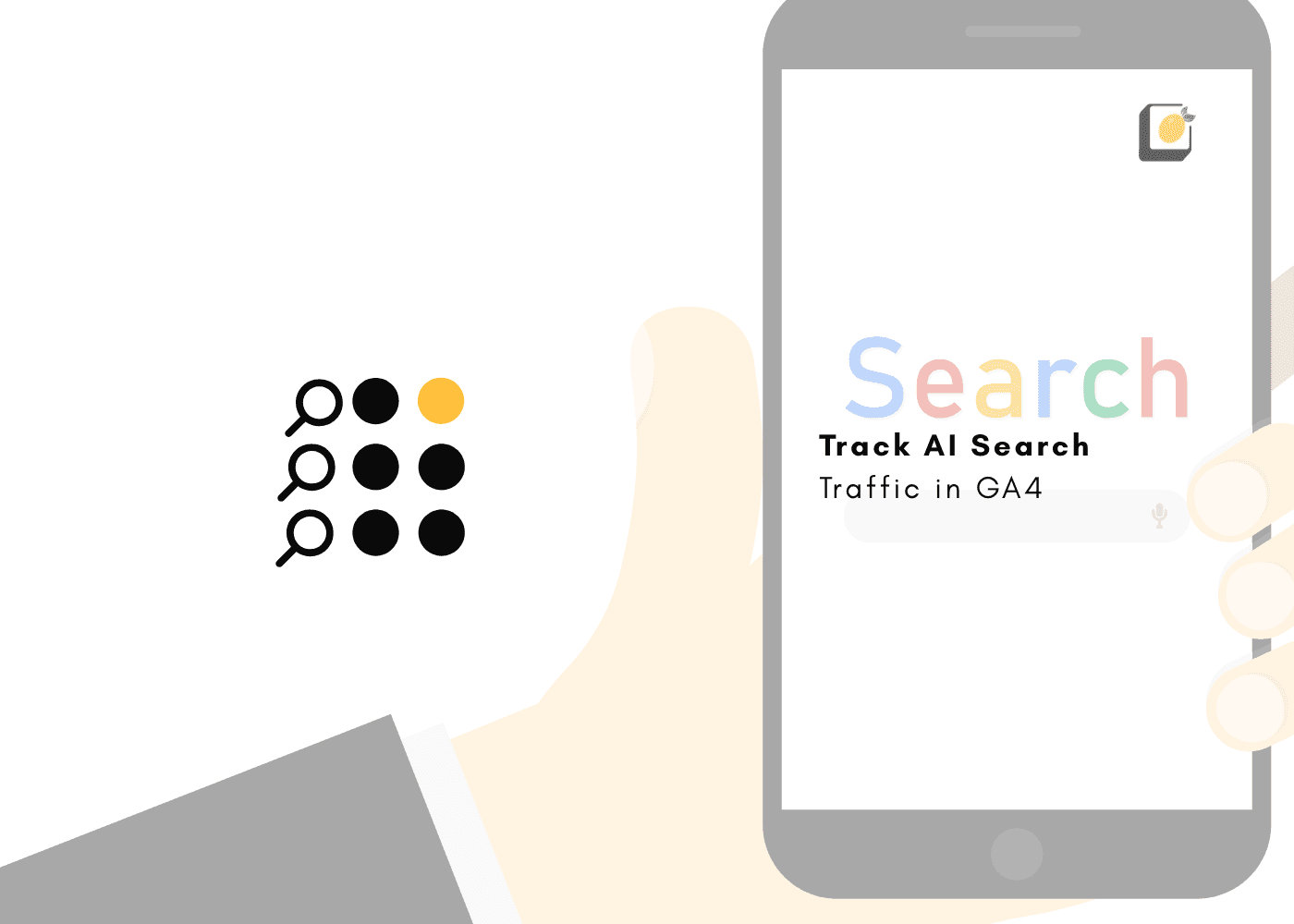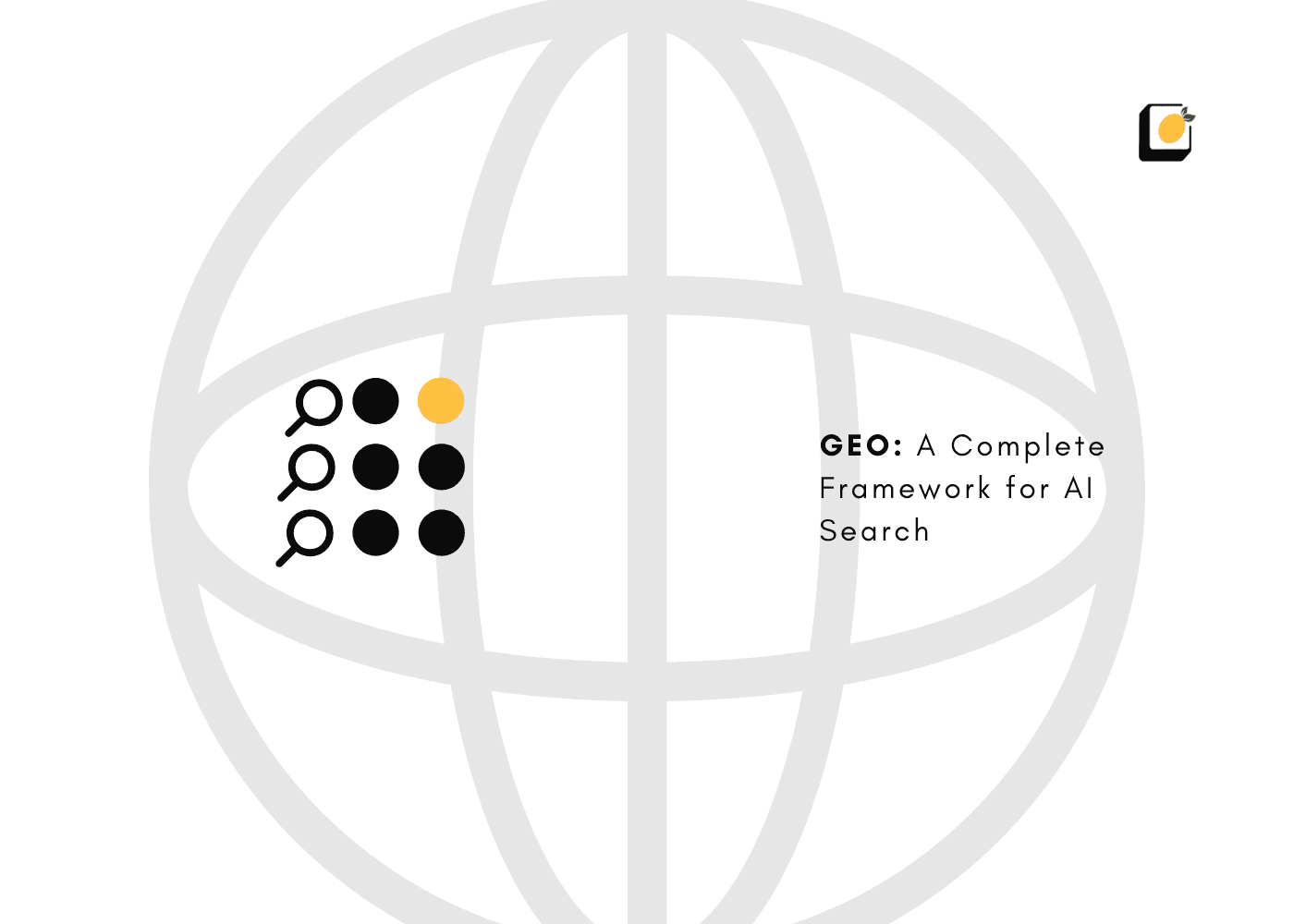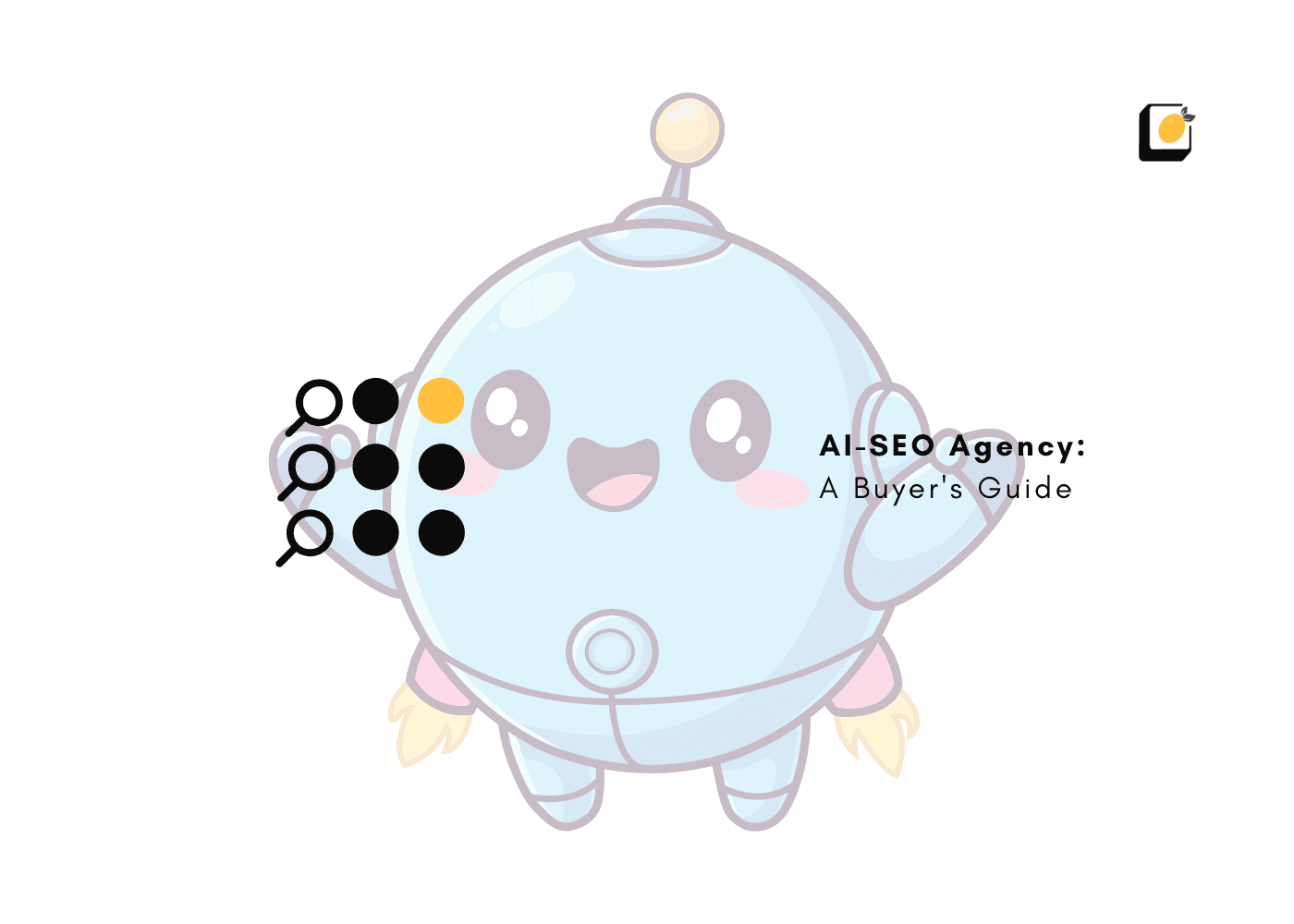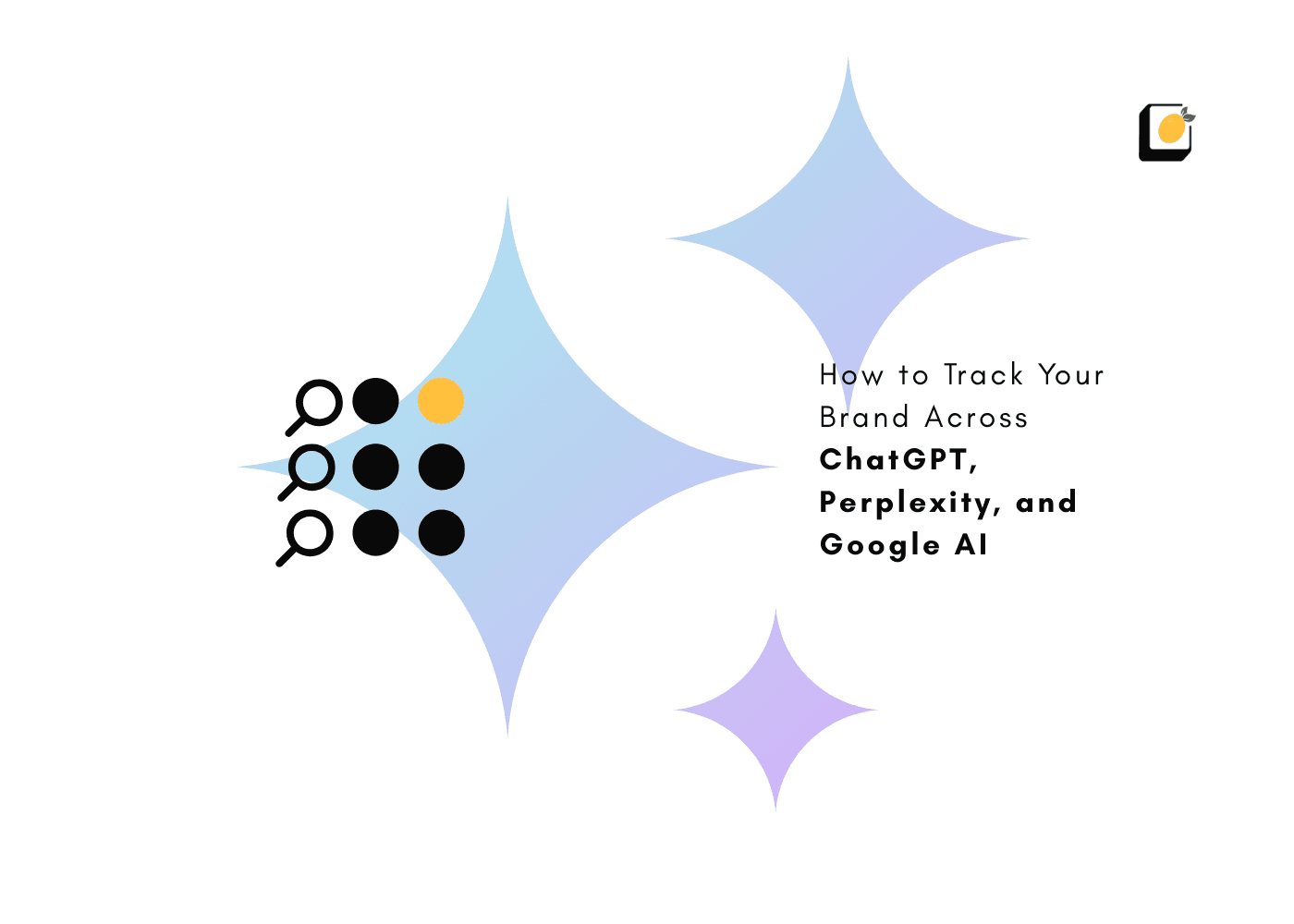The Economics of Autonomous Ecommerce: Unlocking Superior ROI with Shopify's Merchant Co-Pilot (MCP)
June 1, 2025
Join 500+ brands growing with Passionfruit!
The world of online retail is in constant motion, and for ambitious merchants, staying ahead means embracing innovations that redefine efficiency and customer experience. A new frontier is rapidly emerging: autonomous ecommerce. Imagine a business that not only automates tasks but intelligently manages operations, anticipates customer needs, and optimizes for growth with minimal manual oversight.
This is the promise, and for Shopify merchants, a powerful new initiative known as the Merchant Co-Pilot (MCP) is turning this vision into a tangible reality. If you're asking, "How can my business not just survive but truly excel in this evolving landscape, and what concrete returns can I expect from such advanced technology?" then this analysis is for you.
Understanding the Autonomous Ecommerce Revolution and Shopify MCP
What exactly is autonomous ecommerce? Picture a scenario extending far beyond current automation tools. Autonomous ecommerce leverages sophisticated artificial intelligence to empower online stores with self-governing capabilities. We are talking about systems that learn, adapt, and make optimized decisions across marketing, inventory management, pricing strategies, and notably, customer service and order fulfillment.
Shopify, a platform synonymous with merchant empowerment, is spearheading this movement with its Merchant Co-Pilot (MCP) initiative. MCP is not just another app; it's envisioned as an integrated AI-powered suite designed to act as an intelligent partner for Shopify store owners. Its core purpose is to simplify the growing complexities of running an online business, allowing entrepreneurs to focus on strategy and brand growth while the AI handles much of the intricate operational load. This includes sophisticated Sales order automation with AI and intelligent AI driven case management, two pillars we will explore in depth. The aim is clear: provide merchants with a significant competitive edge through unparalleled operational efficiency and smarter decision-making.
The Compelling Financial Case: ROI Benchmarks from Shopify MCP Trailblazers
Adopting new technology, especially one as transformative as an AI co-pilot, naturally brings questions about return on investment. For Shopify MCP ROI, early indicators from pioneering merchants are exceptionally promising. Those who embrace such innovations early often secure a substantial first-mover advantage, setting new autonomous ecommerce benchmarks within their niches.
The financial arguments become particularly compelling when examining specific performance metrics. Early adopters of Shopify MCP are reporting significant improvements in key areas that directly impact profitability.
Snapshot: Average Order Value (AOV) Uplift with MCP
A primary driver of revenue growth is increasing the average amount each customer spends. Early data from pilot programs involving Shopify MCP, with insights reflecting trends similar to those observed in broader e-commerce advancements concerning personalization and logistics efficiency (akin to findings from specialized logistics platforms and tech adoption reports in SME sectors), suggest Average Order Value increases for MCP users in the range of 15-20%.
How is this achieved? A significant contributor is the advanced Sales order automation with AI embedded within MCP. This isn't just about processing orders faster; the AI analyzes customer behavior, purchase history, and real-time browsing patterns to offer highly relevant upsells and cross-sells intelligently during the checkout process or even post-purchase. This personalized approach feels natural to the customer, leading to larger basket sizes without aggressive sales tactics. The AI can also identify optimal product bundling opportunities that merchants might overlook.
Snapshot: Drastic Reduction in Support Costs through MCP
Customer support, while crucial, can be a substantial operational expense. Shopify MCP is demonstrating a remarkable ability to curtail these costs. Initial observations from early users point towards a potential 30-40% decrease in overall support expenditure. This aligns with broader industry reports where businesses adopting advanced AI for customer interaction see similar efficiencies.
The hero here is AI driven case management. MCP’s AI doesn't just power chatbots with canned responses. It offers context-aware, intelligent assistance, capable of resolving a vast majority of common customer queries and issues instantly, 24/7. For more complex situations, the AI driven case management system can intelligently route the issue to the right human agent, providing them with a full history and suggested solutions, dramatically reducing resolution time and agent workload. This efficiency means businesses can handle more inquiries without proportionally increasing headcount.
Beyond AOV and support costs, other Key Performance Indicators (KPIs) are also showing positive movement. Conversion rates are improving due to more personalized shopping experiences and quicker query resolutions. Customer Lifetime Value (CLV) is also on an upward trajectory, as enhanced satisfaction fostered by efficient service and intelligent interactions builds stronger brand loyalty. These autonomous ecommerce benchmarks set by MCP users are becoming the new standard.
A Deeper Dive: How Shopify MCP Delivers Tangible Value
The impressive ROI figures stem from MCP's ability to fundamentally upgrade core e-commerce operations. Let's examine two of its most impactful components:
Transforming Operations with Sales Order Automation with AI
Traditional order processing can be labor-intensive, prone to errors, and slow to scale. Shopify MCP’s Sales order automation with AI elevates this process to a new level of intelligence and efficiency. This is far more sophisticated than simple automation scripts. The AI can:
Intelligently Validate and Prioritize Orders: Flagging potentially fraudulent orders with greater accuracy or prioritizing rush shipments based on complex criteria.
Optimize Fulfillment Logistics: Suggesting the most cost-effective shipping methods or warehouse allocations in real-time.
Proactively Manage Inventory: Based on sales velocity and incoming order data, the AI can provide more accurate re-stocking alerts or even suggest promotional activities for slow-moving items, integrating seamlessly with inventory management systems.
Reduce Manual Data Entry: Automating the flow of information between sales channels, accounting software, and shipping providers, minimizing errors and freeing up valuable human resources.
The impact of such comprehensive Sales order automation with AI is multifaceted. Businesses experience increased processing speed, leading to faster shipping times and happier customers. Accuracy improves, reducing costly errors and returns. Most importantly, resources previously tied up in manual order management can be reallocated to growth-focused activities. For businesses looking to scale, this intelligent automation is not just helpful; it's essential for maintaining smooth operations without a linear increase in overhead. The autonomous ecommerce benchmarks for order processing speed and accuracy are being redrawn by systems like MCP.
Revolutionizing Customer Interactions with AI Driven Case Management
Exceptional customer service is a cornerstone of e-commerce success. Shopify MCP’s AI driven case management capabilities are engineered to transform customer support from a cost center into a loyalty-building engine. Here’s how:
Proactive Problem Resolution: The AI can identify potential customer issues even before they formally complain. For instance, if a shipment is delayed, the system can proactively notify the customer and offer solutions.
Highly Personalized Support: Drawing on customer data, the AI can tailor its responses and solutions, making interactions feel more personal and effective than generic chatbot replies.
24/7 Instantaneous Support: A significant portion of customer queries (e.g., order status, return policies, product information) can be resolved instantly, at any time of day or night, by the AI. This meets modern consumer expectations for immediate assistance.
Empowered Human Agents: When an issue requires human intervention, the AI driven case management system ensures a seamless handover. Agents receive a complete case history, AI-suggested responses, and relevant customer information, allowing them to resolve complex problems faster and with greater empathy.
By implementing robust AI driven case management, businesses can significantly reduce their reliance on a large support team for routine inquiries. This not only cuts costs but also improves agent morale by allowing them to focus on more challenging and rewarding customer interactions. The result is higher customer satisfaction scores, increased repeat purchases, and a stronger brand reputation built on a foundation of excellent, efficient service.
The Future is Autonomous: A McKinsey-Style 3-Year NPV Forecast
The strategic imperative to adopt solutions like Shopify MCP is underscored by robust financial forecasting. A McKinsey-style analysis, considering the multifaceted benefits of autonomous ecommerce, projects a compelling 3-year Net Present Value (NPV) of +22% for merchants who integrate Shopify MCP into their operations by 2026.
What does this +22% NPV mean for your business? Net Present Value is a sophisticated financial metric that calculates the profitability of an investment by considering all future cash flows (both positive, like increased revenue and cost savings, and negative, like initial setup or subscription fees) and discounting them back to their current value. A positive NPV indicates that the projected earnings from adopting MCP, expressed in today's dollars, exceed the anticipated costs.
This forecast is built upon several key assumptions:
Sustained Revenue Growth: Driven by AOV increases from intelligent upselling via Sales order automation with AI, and improved conversion rates.
Significant Cost Reductions: Primarily from decreased customer support overhead due to AI driven case management, and operational efficiencies in order fulfillment.
Moderate Initial Investment: Factoring in any costs associated with MCP adoption and integration.
Market Dynamics: Continued growth in e-commerce and increasing consumer acceptance of AI-driven interactions.
MCP Evolution: Anticipation of ongoing feature enhancements and deeper AI capabilities within the Shopify MCP roadmap.
The strategic implication is profound: delaying adoption of autonomous ecommerce tools like MCP could mean missing out on substantial value creation and potentially ceding ground to more agile competitors. The autonomous ecommerce benchmarks for financial performance are set to be significantly influenced by such AI-powered platforms. Waiting on the sidelines is becoming an increasingly costly decision.
Is Your Business Ready for Autonomous Ecommerce with Shopify MCP?
The prospect of an AI co-pilot managing significant parts of your e-commerce operation is exciting, but it's natural to have questions. Concerns about implementation complexity, the learning curve for your team, or data security are valid.
Shopify MCP is being developed with these considerations in mind. The goal is to offer a solution that is both immensely powerful and accessible, integrating smoothly within the familiar Shopify ecosystem. While any new technology requires some adaptation, the intuitive design aims to minimize disruption and accelerate time-to-value. Shopify’s robust infrastructure also provides a secure foundation for AI operations.
What truly sets Shopify MCP apart—its "supremacy" if you will—is its deep integration within the Shopify platform. This native connection allows for unparalleled access to real-time data and seamless control over various store functions, something standalone third-party AI tools might struggle to achieve with the same level of fluidity. MCP isn't just an add-on; it's an evolution of the Shopify experience itself, designed to help your business not only keep pace but also future-proof its operations against the rapid advancements in online retail. It’s about equipping you to meet and exceed the evolving autonomous ecommerce benchmarks.
Conclusion: Seizing the Autonomous Advantage with Shopify MCP for Unmatched Growth
The shift towards autonomous ecommerce is not a distant future; it's happening now. For Shopify merchants, the Merchant Co-Pilot (MCP) initiative represents a pivotal opportunity to embrace this transformation and unlock significant economic benefits. The compelling ROI benchmarks from early adopters, characterized by notable AOV increases and substantial reductions in support costs, paint a clear picture of its potential.
The power of integrated Sales order automation with AI promises to streamline operations to an unprecedented degree, while intelligent AI driven case management is set to redefine customer service efficiency and satisfaction. The forecasted +22% NPV over three years for early adopters is a strong testament to the financial wisdom of embracing this technology.
Ultimately, Shopify MCP is more than just a suite of tools. It’s a strategic partner designed to help your business navigate the complexities of modern ecommerce, operate with peak efficiency, and build stronger, more profitable customer relationships. By preparing for and adopting such autonomous capabilities, you are not just optimizing your current business; you are positioning it to lead the next wave of e-commerce innovation and achieve unmatched growth. The age of the autonomous store is dawning, and with Shopify MCP, merchants have a clear path to not only participate but to thrive.
Frequently Asked Questions (FAQs) about Shopify MCP and Autonomous Ecommerce:
Here are some common questions merchants have regarding Shopify Merchant Co-Pilot (MCP) and the shift towards autonomous ecommerce:
What exactly is Shopify Merchant Co-Pilot (MCP) and how is it different from existing Shopify apps?
Shopify Merchant Co-Pilot (MCP) is envisioned as a deeply integrated, AI-powered suite within the Shopify platform, designed to act as an intelligent partner for merchants. Unlike standalone apps that might address specific, isolated tasks, MCP aims to provide comprehensive, autonomous capabilities across various aspects of your business, including sophisticated Sales order automation with AI and intelligent AI driven case management. Think of it less as an add-on and more as an evolution of the core Shopify experience, working holistically to optimize your entire operation.
My business already uses some automation tools. How does the "Sales order automation with AI" in MCP offer more value?
While basic automation tools handle repetitive tasks based on pre-set rules, MCP's Sales order automation with AI goes significantly further. It employs artificial intelligence to learn, adapt, and make intelligent decisions. This means it can intelligently validate and prioritize orders, optimize fulfillment logistics in real-time by suggesting best shipping methods, proactively manage inventory based on sales velocity, and offer highly relevant upsells/cross-sells by analyzing customer behavior – capabilities that extend far beyond rule-based automation. The goal is not just to automate, but to optimize and intelligently manage the entire sales order lifecycle.
What kind of results can I realistically expect from implementing "AI driven case management" with MCP?
Early indicators and broader industry trends suggest significant benefits. With AI driven case management, you can expect a substantial reduction in manual support tickets, as the AI can handle a large volume of common customer queries (order status, returns, product info) instantly, 24/7. This leads to lower support costs. Beyond cost savings, it means faster resolution times for customers, more personalized support interactions based on customer data, and the ability for your human agents to focus on complex, high-value interactions, ultimately boosting customer satisfaction and loyalty. The autonomous ecommerce benchmarks point towards a more efficient and effective customer service operation.
Is adopting a sophisticated system like Shopify MCP going to be very complex or require a lot of technical expertise from my team?
Shopify is known for its user-friendly platform, and the development of MCP is expected to follow this ethos. While it's a powerful AI system, the aim is for seamless integration within the familiar Shopify environment. The goal is to make these advanced autonomous capabilities accessible to merchants without requiring deep technical AI knowledge. There will naturally be a learning curve, as with any new technology, but Shopify will likely provide resources and support to ensure a smooth transition and help merchants quickly realize value.
The +22% NPV forecast for MCP adoption is compelling, but what are the primary costs involved in getting started?
While the blog post highlights the Net Present Value (NPV) which accounts for costs, specific pricing and implementation costs for Shopify MCP are typically announced closer to broader availability or as part of its rollout. Generally, costs associated with such advanced platforms might include subscription fees for the MCP service, potential one-time setup or integration costs (though deep integration with Shopify aims to minimize this), and any internal costs related to training your team. The key is that the projected ROI, driven by increased revenue and significant cost savings in areas like support and operations, is designed to outweigh these initial and ongoing investments substantially.
How does Shopify MCP ensure the security and privacy of my business and customer data when using AI?
Data security and privacy are paramount in e-commerce, and Shopify already has robust security measures in place for its platform. Any AI system like MCP would be built upon this secure foundation. Typically, this involves strong data encryption, access controls, and compliance with relevant data protection regulations. AI models are often trained on anonymized or aggregated data to protect individual privacy while still enabling intelligent insights. Shopify's commitment to merchant trust means data security will be a core consideration in MCP's architecture and operation.
My business is relatively small. Is autonomous ecommerce and Shopify MCP only for large enterprises?
While large enterprises can certainly benefit, the principles of autonomous ecommerce and tools like Shopify MCP are designed to be scalable and bring value to businesses of various sizes. For smaller businesses, MCP can be particularly transformative by automating tasks that would otherwise consume a significant portion of limited resources (e.g., handling customer queries, managing orders). This frees up entrepreneurs and small teams to focus on strategic growth, product development, and marketing, effectively leveling the playing field. The efficiency gains from Sales order automation with AI and AI driven case management can provide a crucial competitive edge, regardless of business size.









